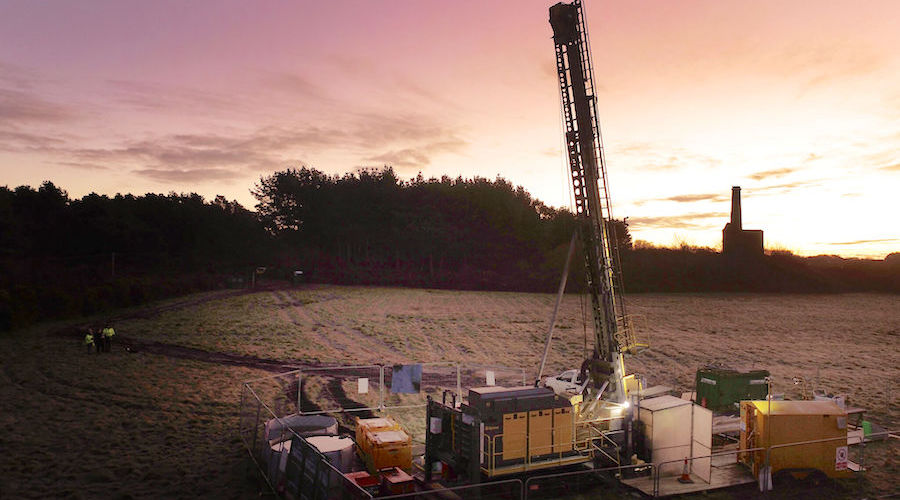Cornish Lithium seeks $13m in last-ditch effort to avoid collapse


Cornish Lithium, a start-up that attracted the battery metals sector interest with its plans to open a lithium mine in the UK, has warned it could go bust if it fails to secure a capital injection of around US$13 million (£10m).
The company said in its annual report, signed on June 5 and filed last week, that all of the scenarios modelled require receiving such funding by July 2023.
“Without this, a material uncertainty exists that may cast significant doubt on the group’s ability to continue as a going concern,” Cornish Lithium noted.
Even if short-term funding is secured, the company said that without medium to long term investment, it “would be required to implement mitigations to reduce planned spending”.
The company’s chair Ian Cockerill criticized the UK government for not providing enough support to develop a local battery supply chain, despite issuing an updated critical minerals strategy in March. The document emphasized the need to foster domestic resource projects.
“The UK is currently being left behind in this global race to secure the industries that will drive the energy transition,” Cockerill said. “More support is needed to counteract the effect of the U.S. and EU subsidies that are being offered to help attract the investment required in the UK.”
The country doesn’t have lithium operations, which means all its needs are met by supply from the world’s top producers of the metal — Australia and Chile.
Cornish Lithium had hoped to begin production by 2026, which would have allowed it to take advantage of the European Union’s current push to rebuild its automotive supply chains around battery metals and foster the adoption of electric vehicles (EVs).
European Commission Vice President Maros Sefcovic has said that by 2025, large-scale battery plants currently under construction will produce cells to power at least six million EVs.
British carmakers have an additional pressure as the government has vowed to stop the sale of new diesel and gasoline vehicles by 2030.
The company saw itself in a similar situation in 2021, but it managed to secure £18 million ($23m) from metals-focused investment company TechMet. It also received later funding from a US government-back firm.
The Trelavour hard rock lithium project, located in Cornwall, comprises an open pit mine of lithium enriched granite and processing facilities that will yield concentrate of lithium-bearing mica. Lithium hydroxide will then be produced from the mica concentrate at an industrial site near the mine.
According to a scoping study, financed with help from the UK’s Automotive Transformation Fund (ATF) and the Advanced Propulsion Centre (APC), the Trelavour mine will produce 25 million tonnes per annum.
Operational life is pegged at 20 years, during which it would generate an average of 7,800 tonnes of lithium hydroxide a year.
Cornish Lithium has simultaneously been advancing its United Downs project. Two years ago it built a geothermal water test site and demonstration plant at the site, which is being used to trial direct lithium extraction (DLE).
THIS ARTICLES WAS FIRST POSTED ON MINING.COM
Comments